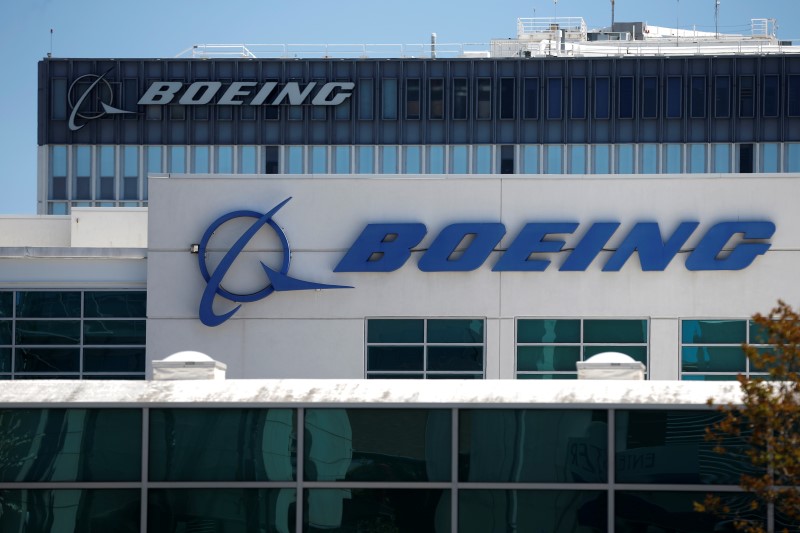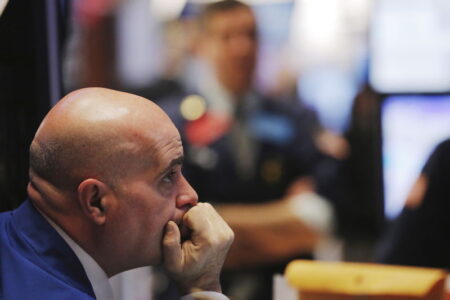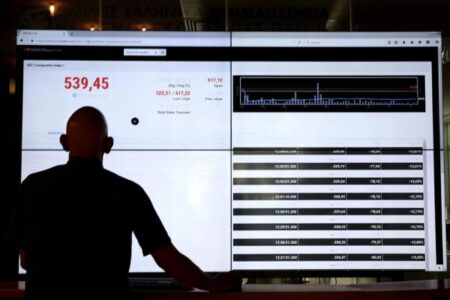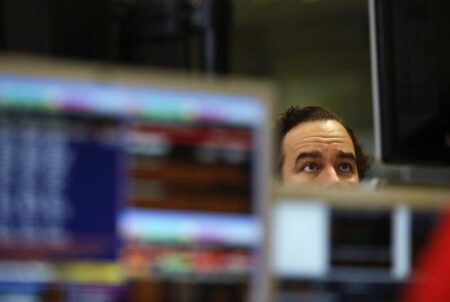By Lisa Pauline Mattackal and Purvi Agarwal
(Reuters) – Wall Street’s main indexes moved lower on Wednesday, as worries of a less dovish Federal Reserve lifted Treasury yields, while losses in McDonald’s (NYSE:) and Coca-Cola (NYSE:) also weighed on investors’ minds.
U.S. Treasury yields were trading at three-month highs, pressuring stocks as markets reassess the size of interest-rate cuts over the next several months against the backdrop of strong economic data.
“When you get a 10-year Treasury at a four and a quarter, it pushes back on the rally in the stock market. Things start to slow down… and people get a little bit nervous,” said Robert Pavlik, senior portfolio manager at Dakota Wealth.
The market’s recent rally also contributed to the pullback on the day, Pavlik said.
Rate-sensitive growth stocks were hit, with Nvidia (NASDAQ:) down 1.8% and Apple (NASDAQ:) off 0.5%, pulling Information Technology stocks 0.6% lower.
Tesla (NASDAQ:) will be the first of the so-called Magnificent Seven companies to report results after market close. Its shares slipped 0.1%.
Among the major indexes, the blue-chip Dow underperformed, weighed down by McDonald’s. The fast-food chain slumped 6.1% after an E. coli infection linked to its Quarter Pounder hamburgers killed one and sickened many.
The broader Consumer Discretionary sector was off 0.7%.
Coca-Cola dipped 2.7% after the company reiterated its annual profit growth forecast despite expecting higher revenue. Boeing (NYSE:) was up 0.6% in choppy trading even after reporting a quarterly loss of $6 billion owing to a crippling strike.
Factory workers at the troubled planemaker will vote later in the day on a new contract proposal that could end the more than five-week-long standoff.
The fell 246.59 points, or 0.57%, to 42,678.30, the lost 20.11 points, or 0.34%, to 5,831.09 and the lost 87.92 points, or 0.47%, to 18,485.21.
U.S. markets are near record high levels, but a combination of earnings, a changing monetary policy outlook and the upcoming presidential election will test the sustainability of the recent rally and could lead to some market volatility.
Investors are also focused on the rising chances of a second Donald Trump administration. If he wins, Trump’s policies for spending and tariff implementation are expected to raise the U.S. fiscal deficit as well as inflation.
Of the roughly 24% of S&P 500 companies that have reported so far, 83% exceeded earnings estimates, according to LSEG data.
The Fed’s Beige Book and commentary from Fed official Thomas Barkin are on the radar on the day. [FED/DIARY]
Meanwhile, Starbucks (NASDAQ:) was down marginally after the company suspended its annual forecast on Tuesday and reported revenue and profit declines in preliminary fourth-quarter results.
Semiconductor company Texas Instruments (NASDAQ:) gained 4% after its third-quarter profit beat forecasts, while telecom firm AT&T (NYSE:) rose 1% after gaining more wireless subscribers than expected in the third quarter.
Qualcomm (NASDAQ:) was down 2.7% after a report said Arm Holdings (NASDAQ:) is canceling Qualcomm’s license to use intellectual property to design chips.
Declining issues outnumbered advancers by a 2.28-to-1 ratio on the NYSE, and by a 2.04-to-1 ratio on the Nasdaq.
The S&P 500 posted 12 new 52-week highs and no new lows, while the Nasdaq Composite recorded 28 new highs and 27 new lows.
Read the full article here
















